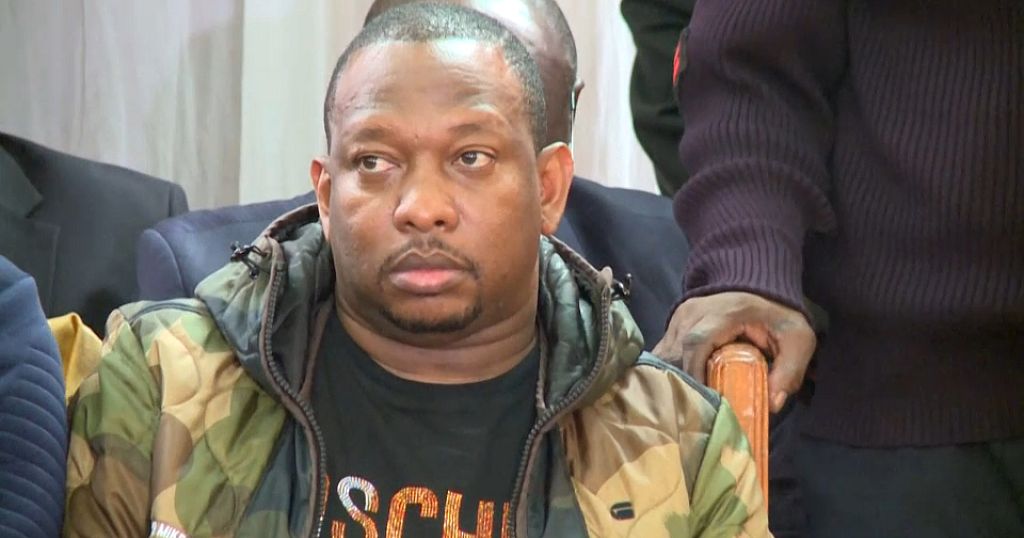Modern children are more familiar with advanced technologies than we were in our childhood.
For instance, my two-and-a-half-year-old daughter can use my smartphone to access cartoons on YouTube.
The modern parent faces at least one challenge that their parents probably never had to deal with: The internet.
Today’s children spend a lot of their time online — researching for school assignments, playing games, chatting with friends on social media and so on.
But it is difficult for parents to know what they are doing on cyberspace at any time.
During my childhood, my parents could always be aware of where my siblings and I were, what kind of activities we were participating in and with whom we talked to or spent time.
That’s not the case online, and from internet predators to cyberbullying and pornography, there are threats on the net that parents need to watch out for.
You may not want to spy on your children, but it’s your responsibility to ensure they aren’t uploading or downloading inappropriate photos of themselves and others, bullying or being bullied or posting reputation-wrecking statuses or viewing them.
However, the widespread adoption of digital technologies by children has added a wrinkle to a challenge of parenthood — striking a balance between allowing independent exploration and providing parental oversight.
In the digital world, children are recruited to sex tourism, prostitution, drug trafficking and other immoral behaviours.
And as these digital devices become more prominent in our lives, many parents are now faced with the challenge of how to effectively monitor their children’s behaviour, interactions and time spent in online spaces.
Ultimately, they take steps to influence their children’s digital behaviour — such as checking up on what they are posting on social media to limiting the time they spend in front of the screen.
Digital connectivity offers many potential benefits, from connecting with peers to accessing educational content.
But parents have also voiced concerns about the behaviours teens engage in online, the people with whom they interact and the personal information they post.
If your children use multiple devices in your home to access the internet, you can block inappropriate sites on all the ones connected to the same router, including PCs and game consoles.
The hardware-based solutions can apply internet content filtering and time scheduling to connected devices but they are more difficult to customise than software and subscription-based filtering tools.
Parental controls can make sure that children stay smart on the internet, but ultimately education is going to be the most important thing.
By teaching them about safe and smart internet use, a parent establishes safe online habits that will last far beyond the moment when they have to stop monitoring them.

 General News3 days ago
General News3 days ago
 General News4 days ago
General News4 days ago
 General News3 days ago
General News3 days ago
 General News2 days ago
General News2 days ago
 General News21 hours ago
General News21 hours ago

